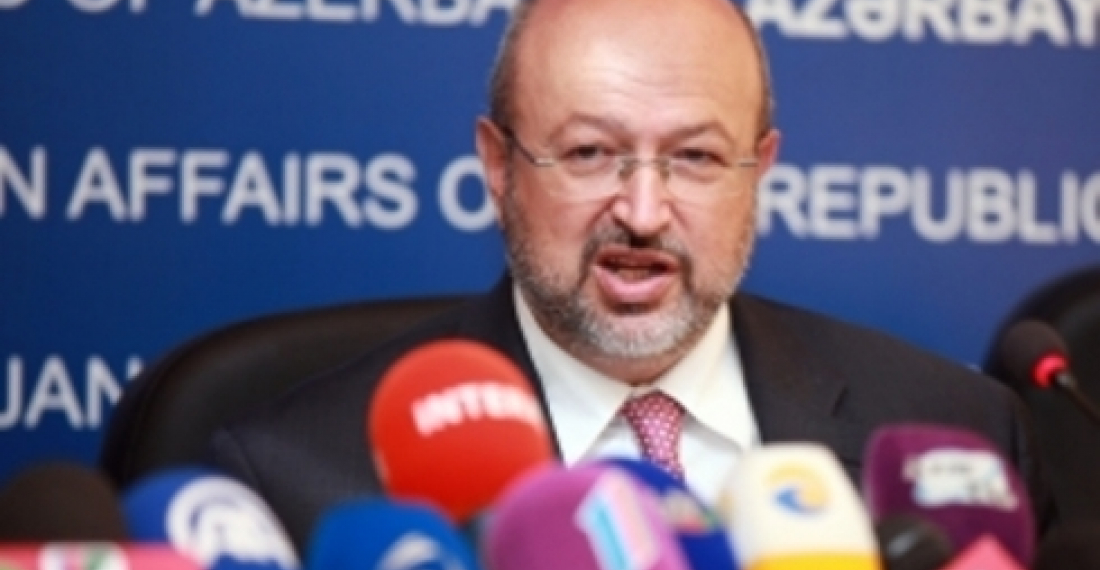The OSCE Secretary General, Lamberto Zannier, on an official visit to Azerbaijan today, emphasized the need for political will in negotiating a peaceful solution to the Nagorno-Karabakh conflict. He stressed that OSCE will continue working with the country in implementing its OSCE commitments.
“Azerbaijan, which this year celebrates 20 years in the OSCE, plays an important role in the work of our Organization, in politico-military, economic and environmental and human rights-related areas,” Zannier said in a press briefing, following his meeting with the Foreign Minister Elmar Mammadyarov.
Zannier stressed that the Nagorno-Karabakh conflict presents an enormous threat to the region’s security and stalls economic development in the South Caucasus. He voiced his support for the efforts of the OSCE Minsk Group Co-Chairs and the OSCE Chairperson’s Personal Representative in finding a negotiated solution to the conflict and strengthening the ceasefire regime.
“The conflict will not be resolved by the use of force,” Zannier said. “Negotiations are the only way forward; and political goodwill and the commitment of all those involved is an essential prerequisite for finding a lasting peaceful solution.”
The Secretary General said he was “seriously concerned” by the recent incidents on the border between Armenia and Azerbaijan and on the Line of Contact, which “marred the efforts to bring long-awaited peace and stability to the people living in these areas”.
All parties should refrain from the use or threat of force, abstain from retaliatory measures, remove snipers from the line of contact and implement the agreed confidence-building measures, including the mechanism for investigating incidents on the front lines, Zannier underlined.
He also said that the OSCE stood ready to assist in the implementation of the agreement reached by the Presidents of Armenia and Azerbaijan to develop people-to-people contacts and dialogue between the countries’ intelligentsia and academic and public circles.
source: commonspace.eu withOSCE Press Service.







